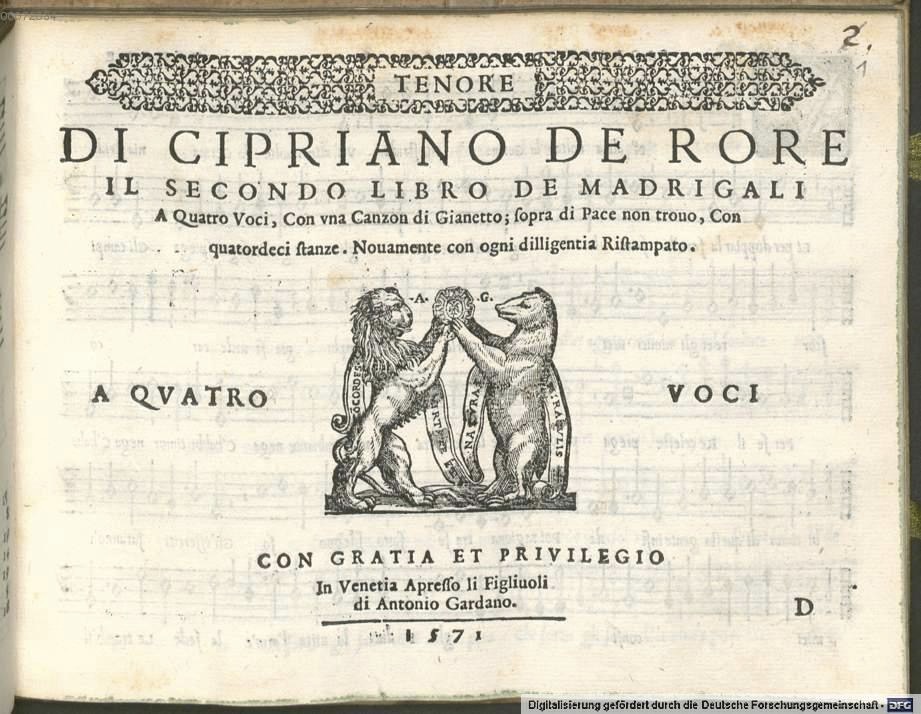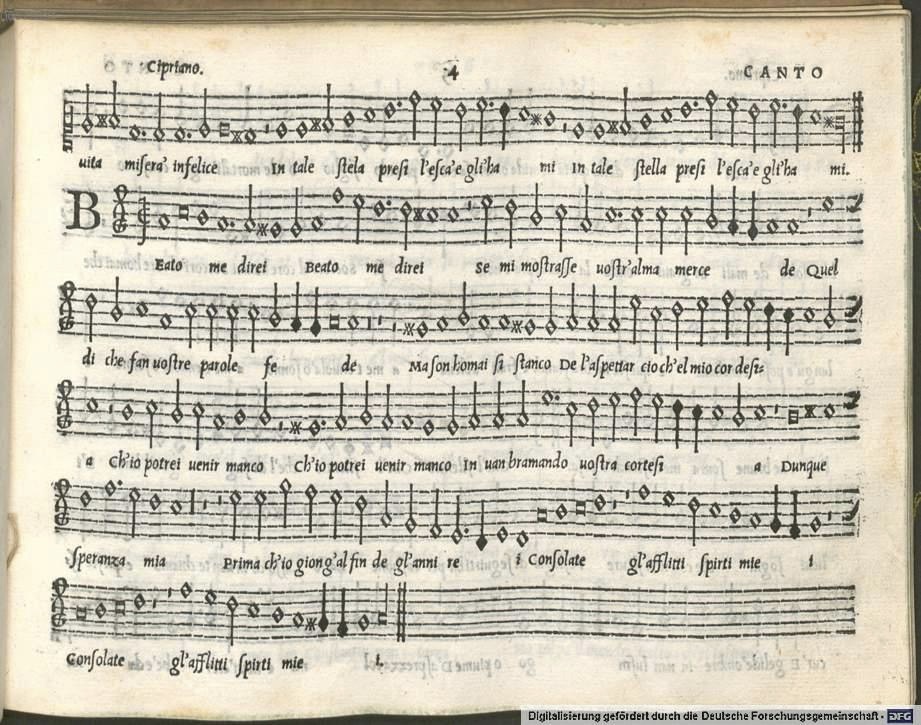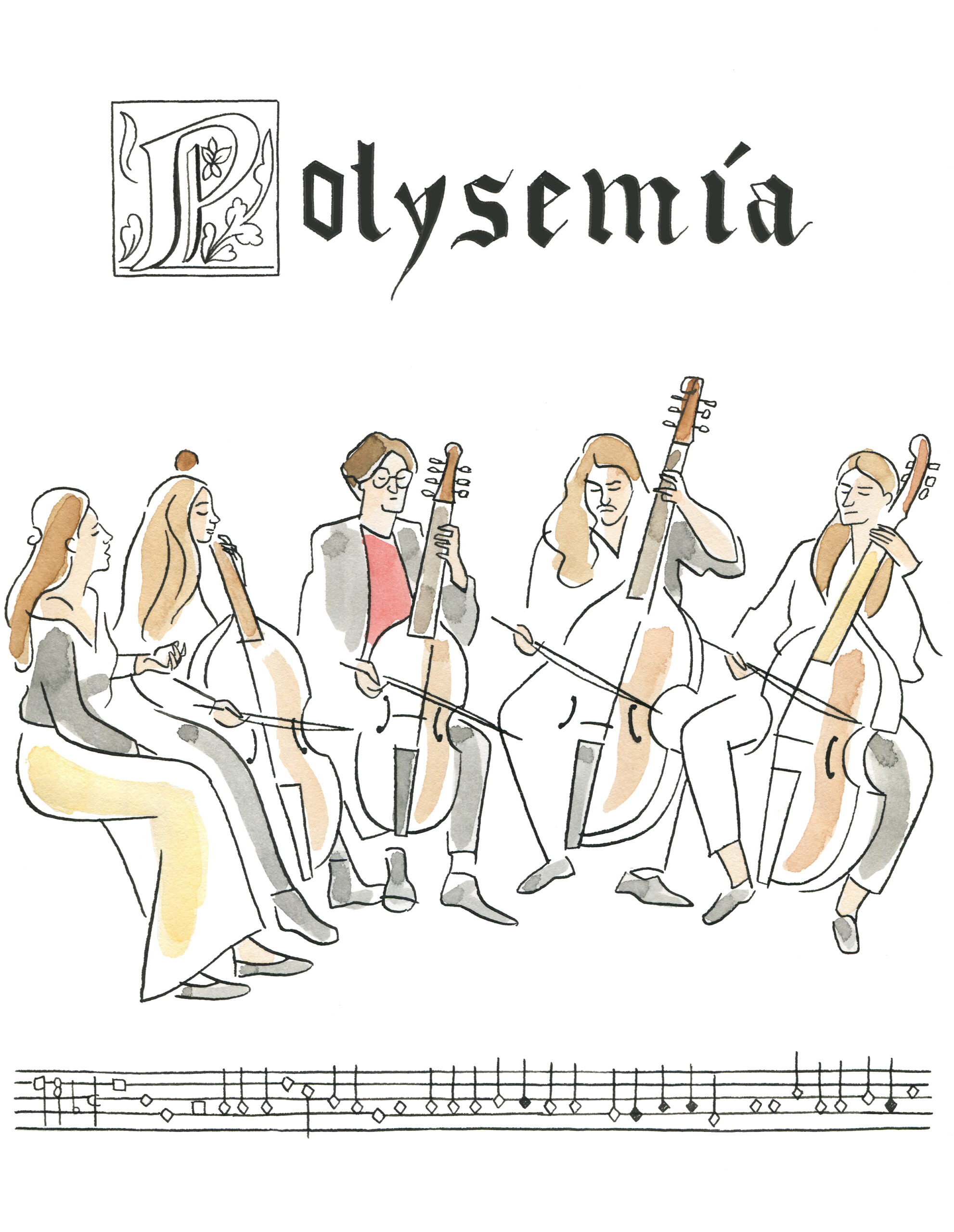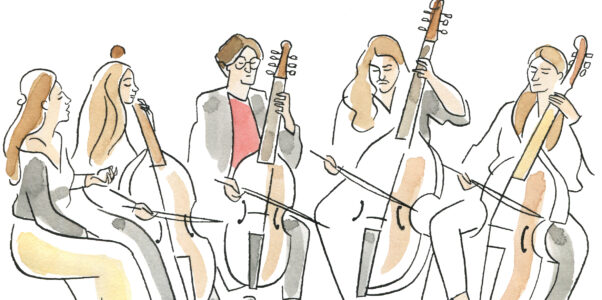Immersion in the world of J. Arcadelt (1507-1568)
This program offers an immersive experience delving into the realm of Arcadelt’s madrigals. It features an impressive collection of madrigals composed for 3, 4, and 5 voices. These compositions utilize the human voice to convey the intricacies of the text, alongside solo instrumental renditions that showcase the composer’s musical depictions inspired by the multifaceted meanings of the poetry.
Interwoven between select madrigals, the musicians will not only perform the musical pieces but also recite the poetry in both Italian and English. This dual-language presentation aims to guide the listener through the narrative, enhancing comprehension and enjoyment.
The meticulous selection of madrigals for 3 and 4 voices derives from Arcadelt’s initial publications found in “Il Primo libro di madrigali per 3 voci.” Similarly, the collection of 4-voice madrigals originates from printings in 1542 and 1539, respectively.
The compilation of madrigals for 5 voices is sourced from Philippe Verdelot’s publication in 1538, featuring a compilation of madrigals by various authors.
Pieces
S’el foco in cui sempr’ardo (5-part madrigal)
Gravi pene in amor (3-part madrigal)
Ingiustissim’Amor (3-part madrigal)
Il bianco e dolce cigno (4-part madrigal)
Altri che voi (5-part madrigal)
O felici occhi miei (4-part) + Recercata sopra O felici by Diego Ortiz.
Voi mi ponest’ in foco (3-part madrigal)
Voi ve n’andat’ al cielo (4-part madrigal)
S’io vi potessi dire (3-part madrigal) – Instrumental
Io vorrei pur fuggir (4-part madrigal)
Occhi miei lassi (4-part madrigal)
Non mai sempre fortuna (5-part madrigal)
Che poss’io più (5-part madrigal)
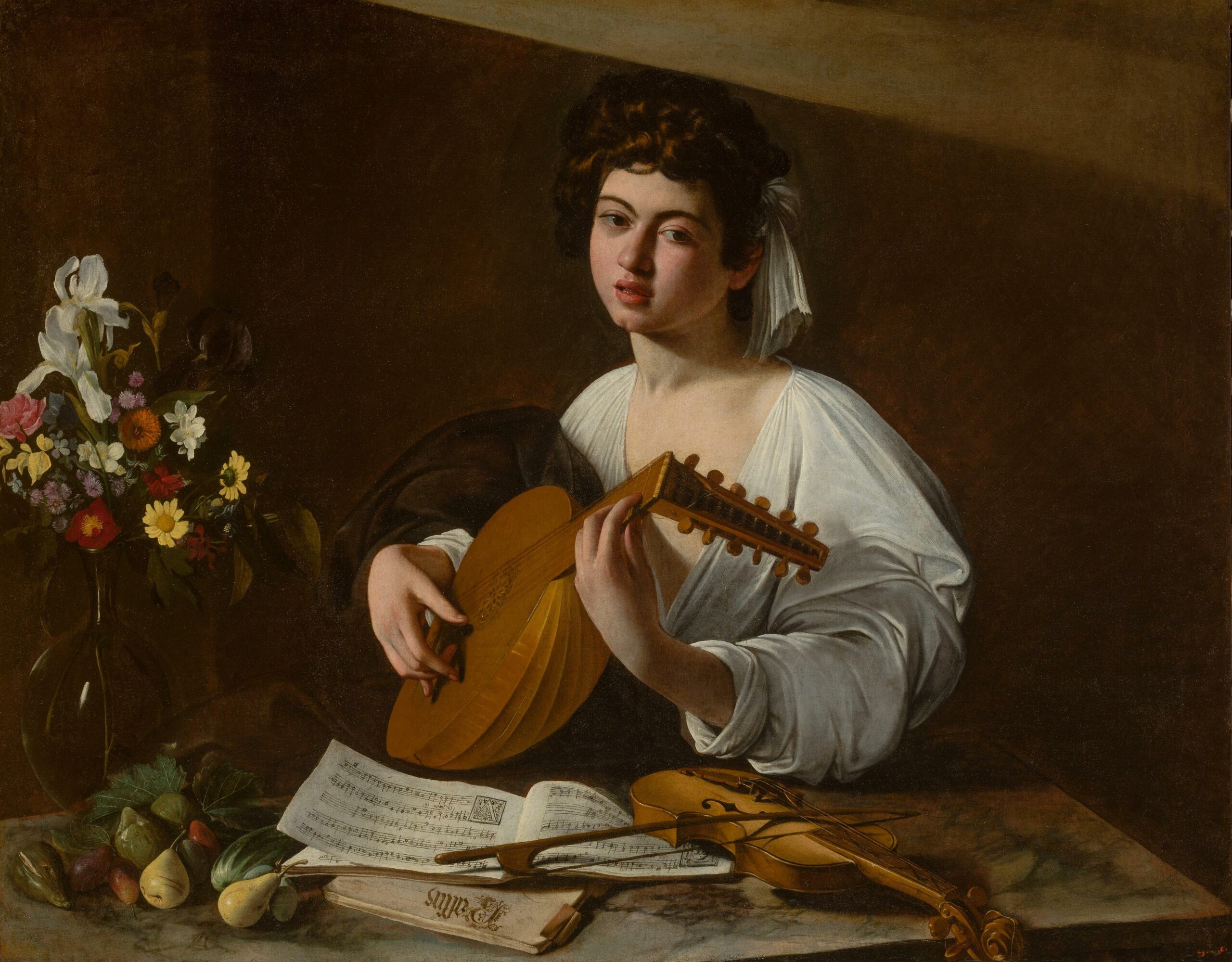
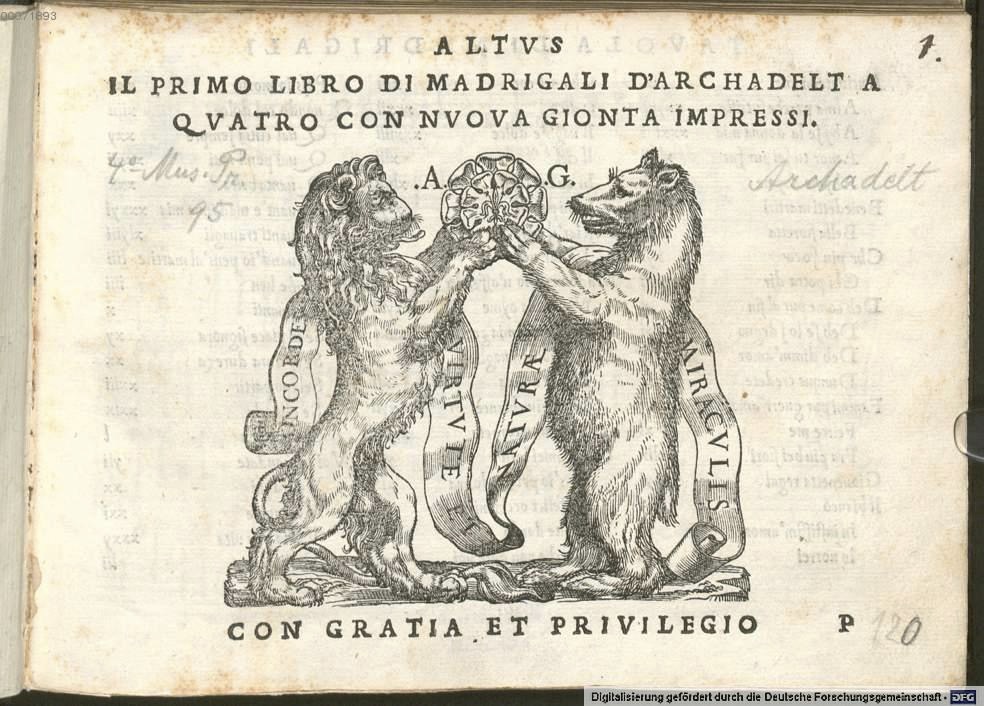
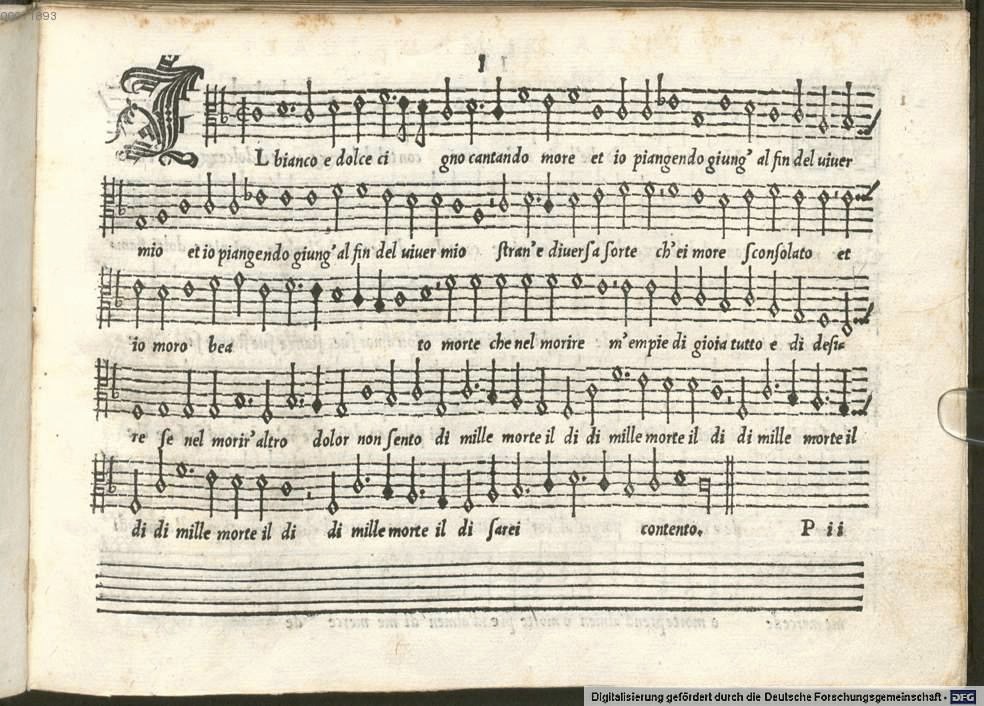
Immersion in the world of C. de Rore (1515 or 1516 – 1565)
This programme extends an invitation into the realm of Cipriano de Rore’s madrigals. Each madrigal has been meticulously chosen to exemplify a range of innovative compositional techniques, personal expressiveness, and an exploration of the new possibilities offered by chromaticism.
Within this repertoire, you will encounter madrigals for 3, 4, and 5 voices, sourced from both hidden origins and publications by de Rore himself. The madrigals for 3 voices represent rare compositions discovered within works of other authors. The selection of madrigals for 4 voices is a thoughtful curation from various sources, exemplifying the diverse musical techniques the composer delved into.
However, the essence of this program resides in the fifth book of madrigals for 5 voices, which was published posthumously. In the twilight of his life, de Rore delved into the fullest extent of the madrigal’s emotional potential. The 4-part madrigals tend to exhibit a lighter, more expressive range, while the 5-part madrigals are particularly imbued with intense and private emotions, revealing a profound affective response to the text.
During the concert, a blend of instrumental and vocal performances will be presented. Additionally, interspersed between some of the madrigals, members of the group will recite the texts in both Italian and English.
The following madrigals have been thoughtfully selected from the following sources:
Fantasie, et recerchari a tre voci by Giuliano Tiburtino, published in 1549 (Venezia)
Madrigali a 4 voci insieme altre eccellenti autori by Antonio Gardano, published in 1561 (Venezia)
Madrigali a 4 voci, Libro 1 by Perissone Cambio, published in 1547 (Venezia)
Madrigali a 4 voci, Libro 2 by Cipriano de Rore, published in 1571 (Venezia)
Madrigali a 5 voci, Libro 5 by Cipriano de Rore, published in 1566 (Venezia)
Pieces
Vaghi pensieri (5-part madrigal)
Grave pene in amor (3-part madrigal)
Schiet’arbuscel (4-part madrigal)
Fera gentil – Prima & Seconda pars (5-part madrigal)
Calami sonum (4-part motet)
Io dico et dissi (3-part madrigal)
Da le belle contrade (5-part madrigal)
Ancor che col partire (4-part madrigal)
Convien h’ovunque sia – Canon in sub diapason (5-part madrigal)
Tutt’il di piango – Prima & Seconda pars (3-part madrigal)
Mentre la prima mia (4-part madrigal)
Alma real (5-part madrigal)

